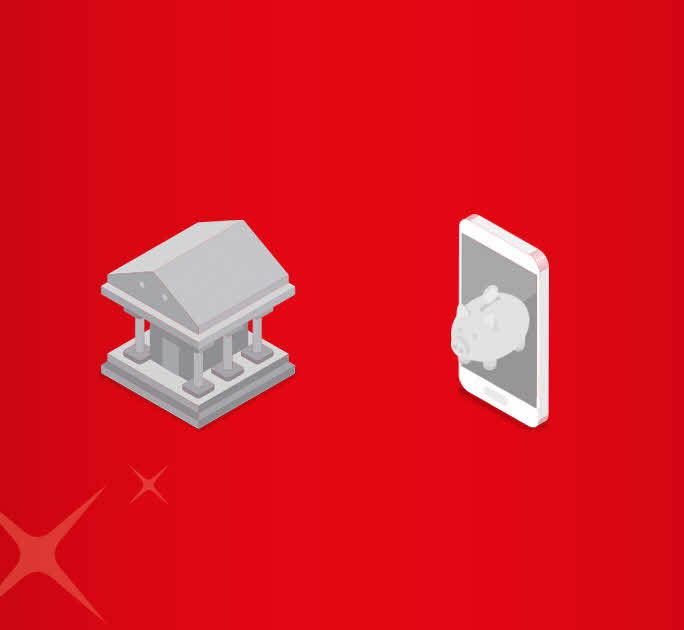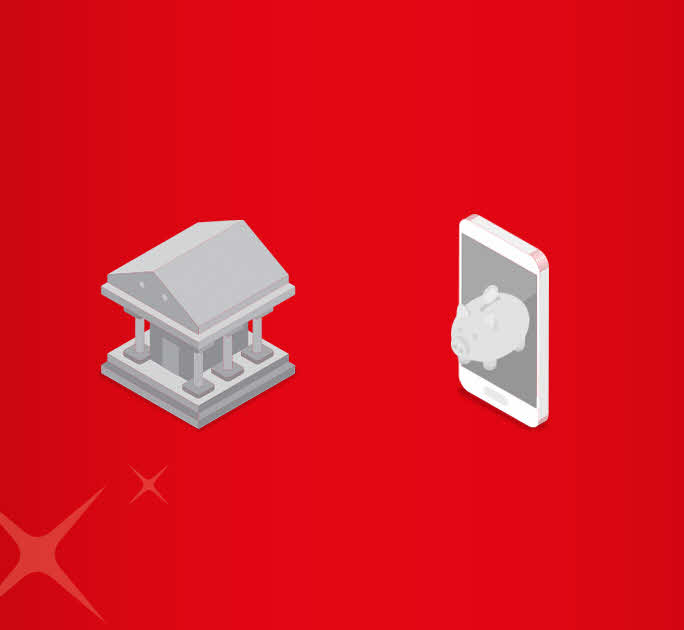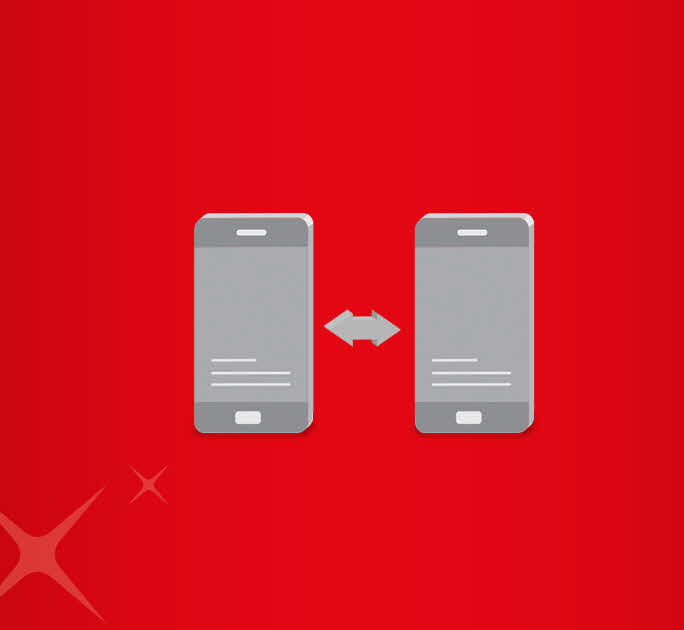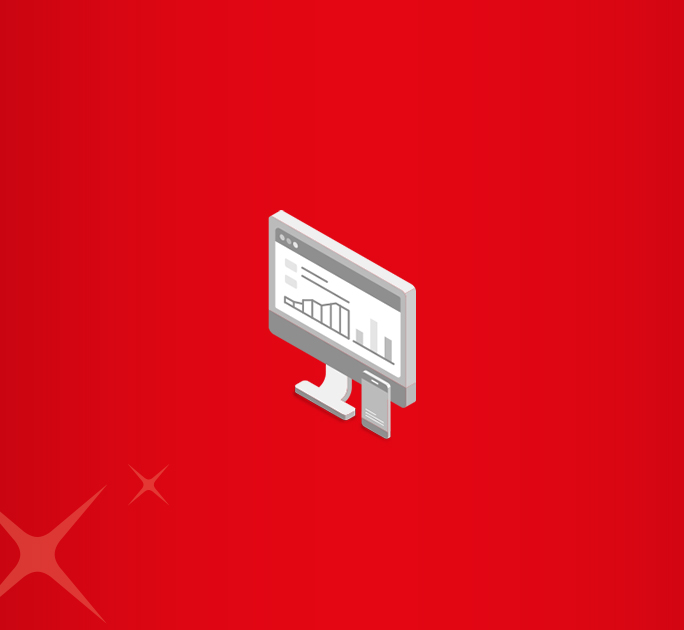- Save
- Invest
- Borrow
- Pay
- More
- Customer Services

Digital Banking Vs Online Banking
Decoding the difference between Digital Banking and Online Banking
Key Takeaways
- Digital Banking is an umbrella term that includes all banking activities performed through technological means.
- Online Banking, a part of Digital Banking, refers to the daily banking practices conducted through internet-enabled devices.
- The functions of Digital Banking are extensive, whereas Online Banking is for more ordinary activities.
- Digital Banking poses relatively more security concerns when compared to Online Banking.
- Digital Banking provides a more personalised experience to meet your financial needs.
The modern era has seen traditional banking practices being replaced by internet banking services. Now, you can efficiently conduct financial transactions and choose from a host of services. Today, you can enjoy internet banking through different, convenient modes. Continue reading this article to understand the differences between Digital Banking and Online Banking.
What is Online Banking?
Online banking is a banking method that involves conducting personal banking via the internet. It includes everyday practices like checking your account balances, paying bills, and transferring money into beneficiary bank accounts online. Online Banking is a broad term that also encompasses mobile banking. With the evolution in banking technology, the services that banks offer have also evolved. Now you can avail of banking products and services with the touch of a few buttons through your online bank account.
What is Digital Banking?
Digital Banking is another bank offered service that comes under the broad umbrella of Online Banking. It includes all kinds of financial transactions taking place using technology and internet platforms. However, Digital Banking includes much more, with cashless transactions, online payroll and accountancy systems, and other aspects of finances that fall under its purview. Similarly, you may use digital banking platforms in your day-to-day lives to book tickets, pay for food, or download mobile apps of various financial entities and online payment methods, among other things.
Digital Banking Vs Online Banking
Here are the differences between Digital Banking and Online Banking
Activities
Online Banking is a tool to replace some of the already-existing banking functions, making them more accessible via the internet. Conversely, Digital Banking aims at making the entire banking process virtual by reducing the dependence on brick-and-mortar banks. It runs on the idea that all banking products, functions, and financial services, including account opening, can be conducted remotely.
Security
Online Banking and Digital Banking are both secure platforms with differing security measures. With Online Banking, you can opt for two-factor authentication using login credentials and OTPs (One Time Password). Since most Digital Banking is conducted through mobile devices, financial institutions take extra care to secure your sensitive information. Essentially, you can access your accounts with added layers of security like biometrics and passwords at different stages in the transaction process.
Impact and Technology
Online Banking is a more standardised form of carrying out your banking activities. You are required to follow a set protocol to access your accounts and perform associated functions. When compared to Online Banking, Digital Banking allows you to benefit from more customised services. For instance, with Digital Banking, you can easily switch between two accounts held in the same bank through a mobile app.
Final Note
Understanding the differences between digital banking and mobile banking is critical in the modern banking era. With both, you can enjoy tailor-made services to suit your requirements. You can peruse and choose the financial solutions provided by DBS Bank from your home with DBS Bank internet banking services and the mobile app.
Download the DBS Bank by DBS app to get started.
*Disclaimer: This article is for information purposes only. We recommend you get in touch with your income tax advisor or CA for expert advice.











